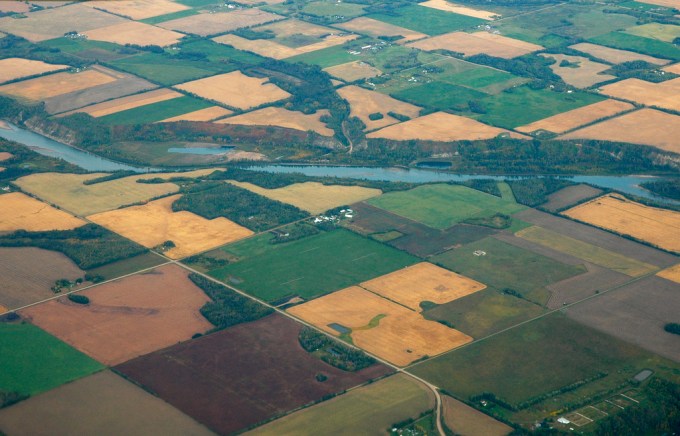When a rainforest is clearcut for agricultural use, we only see the surface problems: fewer trees, destruction of plant and animal habitats, and countless other negative effects on the environment. A lurking problem, however, is that the soil is often non-ideal for farming. When the soil is exhausted, the farmers move further into the rainforest and repeat the process.
In the Amazon, however, there are pockets of man-made soil that are incredibly nutrient-dense. Figuring out how to make this soil, known as Terra Preta, on a massive scale would limit the amount of forest destruction by providing farmers a soil …read more
 Continue reading The Hackaday Prize: Growing Your Own Soil→
Continue reading The Hackaday Prize: Growing Your Own Soil→
 Oakland, Calif.-based Ceres Imaging has raised $5 million in a Series A investment led by Romulus Capital. The startup uses cameras, sensors and software to pinpoint crop stress in the field for farmers, so that they can apply herbicides, pesticides and irrigation just where it’s needed. Ceres, like several other startups, started out with the notion to build a drone just for…
Oakland, Calif.-based Ceres Imaging has raised $5 million in a Series A investment led by Romulus Capital. The startup uses cameras, sensors and software to pinpoint crop stress in the field for farmers, so that they can apply herbicides, pesticides and irrigation just where it’s needed. Ceres, like several other startups, started out with the notion to build a drone just for…